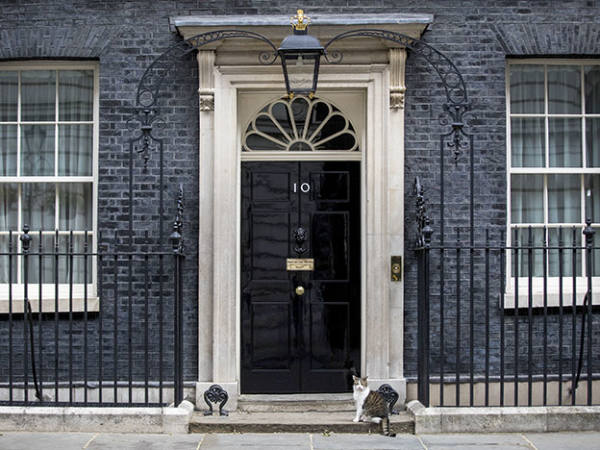The Coronavirus Act ban on private tenant evictions for at least the next three months, and the suspension of all eviction proceedings going through the courts for 90 days, has exposed landlords to a new risk of lengthy periods of rental losses.
Any landlord wishing to evict a tenant for any reason, including rent arrears, is now required to give a minimum of three months’ notice and this will apply until at least 30 September 2020. While the extension of the legal notice requirement only adds a month to the current statutory two-month notice period, landlords who then apply for a court order to evict tenants unwilling to move, are likely to face delays caused by the backlog of suspended cases, and more lenient treatment of tenants by the courts. Pre Covid-19, securing a court repossession order would typically take 6 to 8 weeks.
In addition, the government has asked landlords not to issue eviction notices for the duration of the coronavirus crisis, where a tenant stops paying rent.
However landlords are not being asked to stop requesting rent and tenants are being reminded they should continue to pay rent and will be liable for any arrears built up. Tenants who lose their jobs or suffer a loss of earnings should be able to apply for financial support, and landlords with mortgages on their rental properties are entitled to request a three-month payment from their lender as we reported here.
Landlords can also defer self assessment payments on account due to be paid at the end of July to January 2021 under special measures introduced last week. But accountancy firm Blick Rothenberg says landlords are unlikely to receive direct help from the government of the sort being offered to self-employed people even where their profits from such activities are under the government’s profit threshold of £50,000 per year and it is someone's main source of income and represents the core focus of their working life. "The reality is that whilst property letting income is UK taxable, it is traditionally not regarded as self-employed earnings from a UK tax perspective and income from these sources is not subject to either Class 2 or Class 4 NICs unlike income from those activities which are genuinely held to be “self-employment," says Robert Salter at Blick Rothenberg.
Landlords have also been advised to continue dealing with urgently required repairs such as broken boilers and other plumbing issues. Where this is not possible given lockdown restrictions and rising rates of sickness, they should document and report to tenants their attempts to do so.
Landlord associations the NLA and RLA say they recognise the need for tenants to be able to remain in their homes given that they might be adversely affected by coronavirus and by government lockdown restrictions. However they believe “a blanket suspension of all [eviction] claims is too wide reaching and that the government should do more to protect tenants’ incomes and ensure "that their income is uninterrupted as much as possible”. They have called on the government to temporarily scrap the five-week wait for the first payment of Universal Credit, to assist with gaps in income.
The shadow housing minister John Healey dismissed the extended notice period as too little, describing it as a measure that "does not stop people losing their homes, just gives them more time to pack".
Dan Wilson-Craw, director of renter campaign group Generation Rent, warns that many renters have lost income so will get into arrears in the months ahead. "The government needs to go much further to prevent people getting into debt, by raising local housing allowance further, making it easier to claim and stopping rent increases for the next year," he said. "The crisis has demonstrated how precarious renters are and how important the planned reform of tenancies will be to lock in the new protections and give renters a more stable home."
Before the coronavirus crisis the government had announced its intention to abolish no-fault (Section 21) evictions with a Renters’ Reform Bill. Tenant groups have long complained that landlords abuse their right to repossess by evicting tenants who complain about the state of poorly maintained property or resist rent increases, although many landlords use Section 21 orders in cases of rent arrears too.











